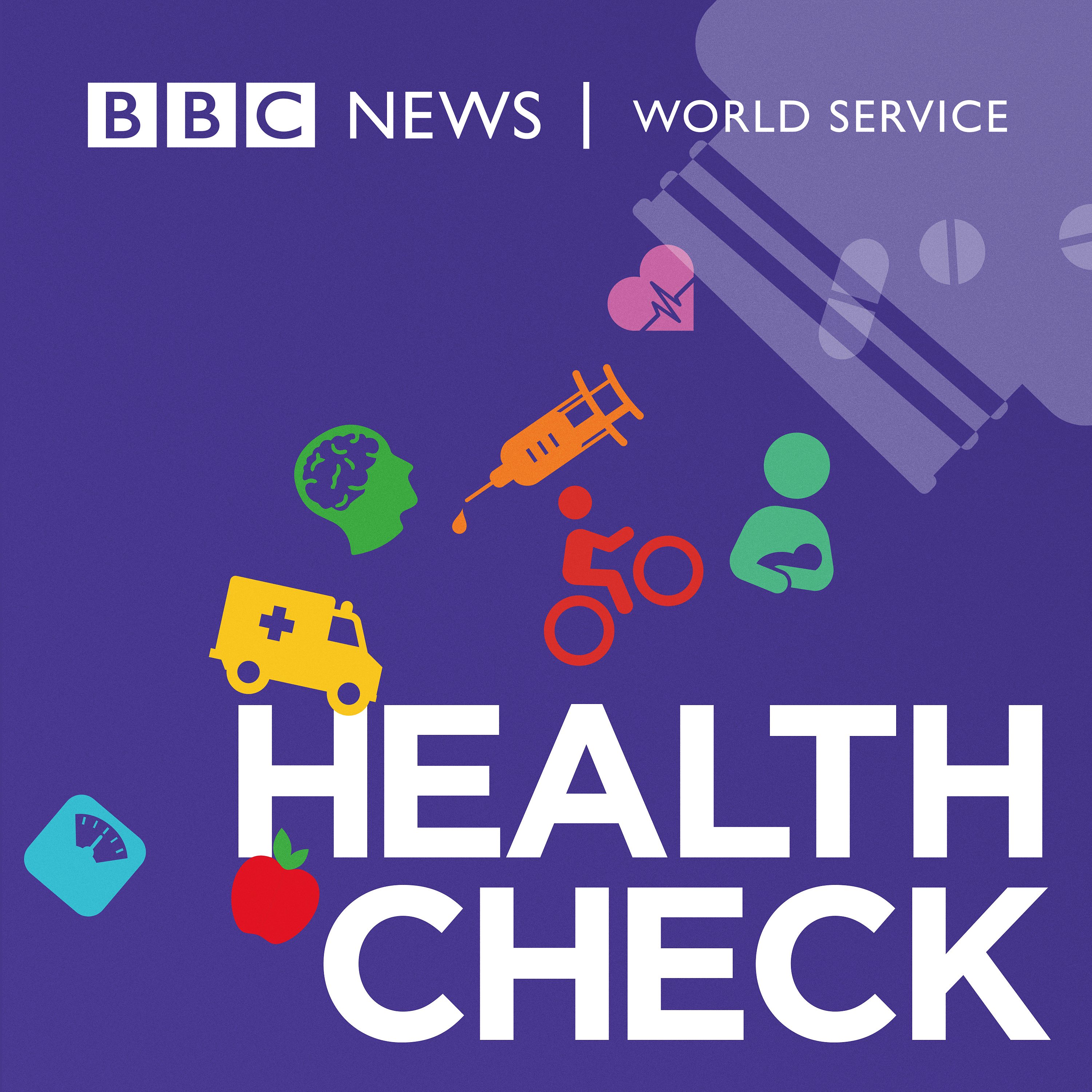Global Trade v Health Equality
Description
Research shows that large numbers of Covid deaths could have been prevented if people in low and middle income countries had better access to vaccines. But this week the World Trade Organisation said it could not reach a consensus on waiving intellectual property rights on Covid-19 tests and treatments for poorer countries. Claudia Hammond is joined by BBC Africa health correspondent Dorcas Wangira in Nairobi, to discuss the impact of vaccine inequity on her part of the world.
Dorcas also brings news of a new Ebola study showing that even people vaccinated once they were already infected with Ebola had a substantially lower risk of dying. It suggests that not only does the vaccine help prevent Ebola, it also improves the survival odds of people who have already contracted it.
Oral Rehydration Salts are a lifesaving and inexpensive treatment for diarrhoeal disease, a leading cause of death for children around the world. It is cheap, effective and has been recommended by the World Health Organization for decades - so why is it under-prescribed? That’s a question that researchers at the University of Southern California set out to answer by sending ‘mystery patients’ to thousands of healthcare providers in India. Prof Neeraj Sood tells Claudia what they discovered.
And, a new study suggests that if the fourth digit on the hand of a professional footballer is longer than their second digit, they can metabolise oxygen more efficiently. This comes on the back of previous research about how differences in finger length can be a marker of heart attack and severity of Covid-19. Can you really make predictions about someone’s health based on the way their hand looks?
More Episodes
There's been a lot of coverage in the media around the world about the mental health difficulties facing boys, but looking at figures for mental health problems in children and teens, there's clearly something going on with girls too. For some years, research has shown more girls are experiencing...
Published 05/01/24
Published 05/01/24
After a number of incidents around the world so far this year that have left dozens of flyers needing hospital treatment, we look at how a rise in air turbulence because of global warming is leading to more and more injuries to passengers.
Professor Paul Williams from the University of Reading in...
Published 04/24/24


